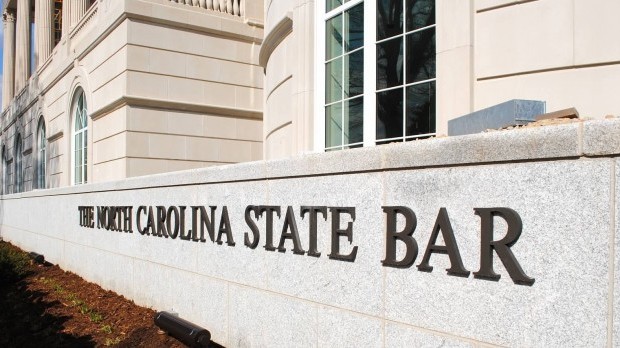2015 Formal Ethics Opinion 6: Lawyer’s Professional Responsibility When Third Party Steals Funds from Trust Account
View the Formal Ethics Opinion in Full Here.
At its October 23, 2015 meeting, the North Carolina State Bar adopted Proposed FEO 6 which addressed several inquiries regarding the professional responsibility of a lawyer when funds are stolen from a lawyer’s trust account by a third party not employed or supervised by the lawyer. Generally, this opinion rules that the lawyer will not be professionally responsible for replacing funds stolen from the trust account, so long as the lawyer was managing the trust account in compliance with Rules 1.15-2, 1.15-3, and 5.3. If the lawyer fails to follow the Rules of Professional Conduct on trust accounting and supervision of staff, the lawyer may be responsible for reimbursing the trust account.
Regardless, a lawyer must always promptly investigate into the possible stolen funds from a third party, and take preventive steps for any possible further thefts of entrusted funds. Additionally, a lawyer needs to take reasonable measures to ensure that funds are not mixed between clients in the event that outstanding checks need to be satisfied (i.e. ask for a stop payment from the bank), but the lawyer is not required to deposit funds into the trust account to cover any outstanding checks.
In situations where the lawyer is defrauded by a hacker, and consequently disbursing money to the hacker’s account instead of the client’s account, the lawyer is responsible for replacing the stolen funds while other legal remedies are pursued to recover the lost money. Although Rule 1.15-2(f) does not allow lawyers to deposit personal funds into a trust account or fiduciary account of the lawyer, the exception permits the lawyer to do so in cases of stolen client funds from third parties.
The Bar additionally rules that in all situations, a lawyer has a duty to notify the clients of the theft and advise clients of any consequences for representation, among other ways to help the client identify the source of the theft and recover funds. It should be noted that this opinion is limited to the Rules of Professional Conduct for lawyers, and does not address a lawyer’s legal liability.


